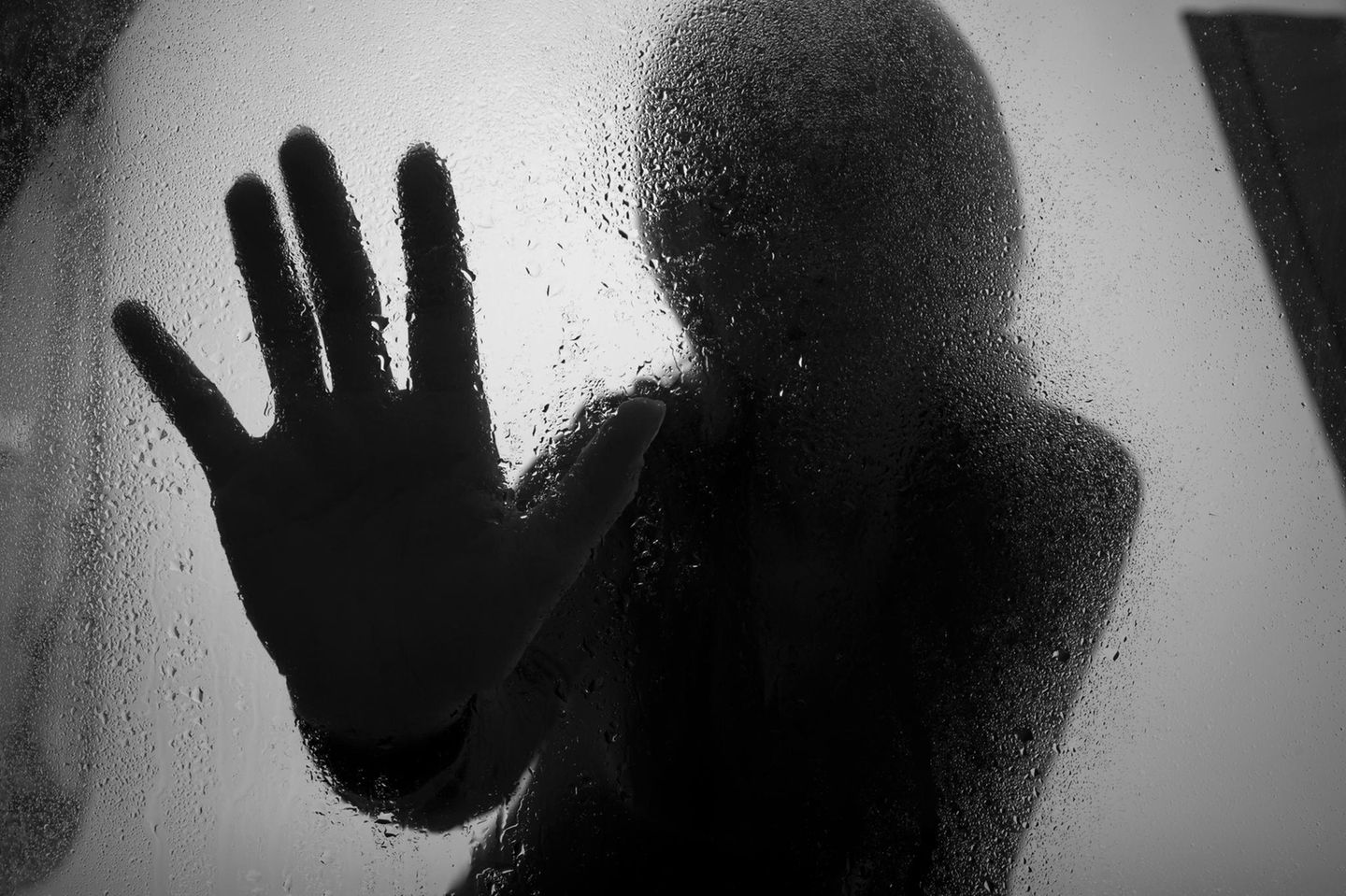Glass Child Syndrome
Anyone who grows up as a “transparent child” will still feel the consequences in adulthood
© kishivan / Adobe Stock
Fragile, vulnerable, lonely: the transparent child wants nothing more than to be seen.
The “Glass Child” is a term used to describe someone who grew up in a household with little parental attention. The “Glass Child” grew up living mostly in a family with one sibling who was very ill or had a disability. The term is currently experiencing a kind of renaissance on social media like TikTok – reason enough to take a closer look at the phenomenon.
Because a child who was treated “transparently” by the parents or other caregivers – as if it were transparent – and did not feel seen or heard is unfortunately not uncommon in our society. Such a childhood affects the entire rest of a person’s life, as the following signs make clear.
What “Glass Child” means
According to Charlie Health, a US online mental health advice service, Glaskind syndrome is not a medical condition or even a diagnosis. “It’s a slang term often used to describe the challenges and unique strengths of siblings of children with chronic illness or a disability.”it says on the website.
The phenomenon was named at a 2010 TEDx talk by speaker Alicia Arena: “Glass children take on the caring responsibilities and we’re naturally conditioned to not have problems. We’re meant to be perfect. If someone asks us how we’re doing, the answer is always: ‘I’m fine.'”
Always function, put your own needs aside, don’t attract attention – be “transparent”: Glass children do not want to put an additional burden on their parents, and usually take on responsibilities in the family from an early age that are more suitable for adults, such as a study found. “As a result, they can grow up and mature much faster than their peers,” the study says. But the often accompanying emotional neglect and a childhood that could not be spent as a child leave their mark.
How childhood affects adult life
How could you put your own needs ahead of a sister who cannot eat by herself? How about that of a brother who only has a few years to live? A transparent child often notices very early on that the sibling receives more attention, feels sadness, anger and envy – and feelings of guilt. Speaker Arena explained in her presentation that transparent children adapt in a way that suits the family, what studies substantiate In any case, a childhood as a “glass child” is not without consequences for the person concerned – for better or for worse.
Transparent children are more sensitive than others
A transparent child is more sensitive to their own feelings and external stimuli. On the one hand, this means that it can easily be unsettled by criticism or negative comments. At the same time, the increased sensitivity can also be shown in the fact that it has a strong sense of empathy and compassion towards others.
You feel emotions very intensely
Happiness, sadness, anger, fear – transparent children feel every emotion very strongly. Again, there is more than one page: It can be very nice to experience “positive” emotions such as joy so intensely. At the same time, such people often find it more difficult to regulate their own emotions and maintain emotional balance.
A penchant for perfectionism
Be perfect at all costs – a completely impossible standard that many transparent children set for their entire lives. After all, they don’t want to be a burden, another cause for sorrow, for those around them. But the desire for perfection (which is almost impossible to achieve in life) often leads to a vicious circle of exaggerated self-criticism and disappointment.
The important thing is that being a transparent child is absolutely not a weakness. Of course, certain consequences of such a childhood can be very stressful in certain situations. But as so often in life, the glass child syndrome is a matter of perspective: Ultimately, childhood was what it was. But it also led to a unique aspect of personality, including the fact that these people developed very sensitive empathy.
Ultimately the question is: What happened then can no longer be undone – but how can I with it today evade? How can I use what I have experienced to create something good for my here and now and my future? We are no longer children, we are no longer at the mercy of situations in this way, even if it sometimes feels that way.
Sources used: metro.co.uk, k.at., psych2go.net, hitc.com, repository.canterbury.ac.uk, charliehealth.com, publications.aap.org, siblingleadership.org
